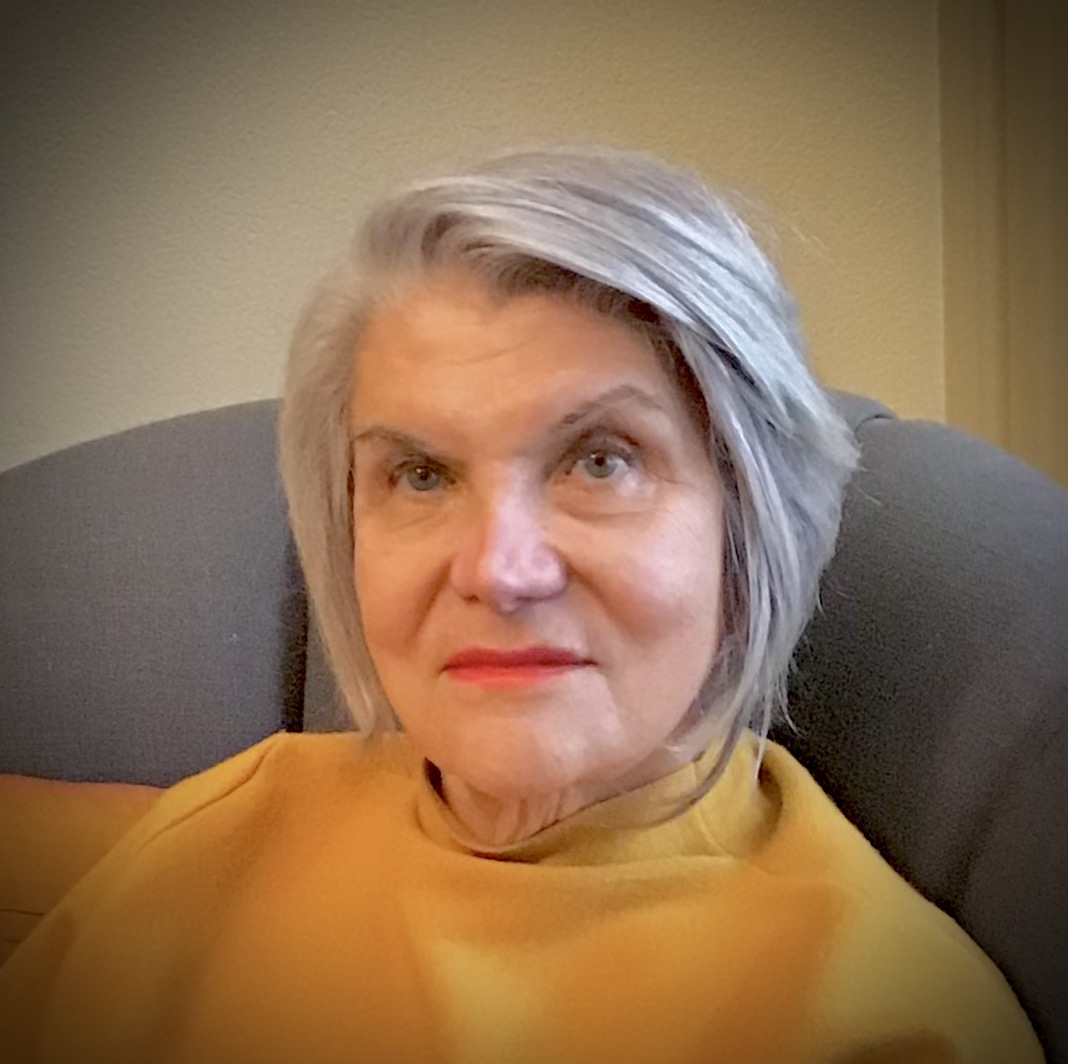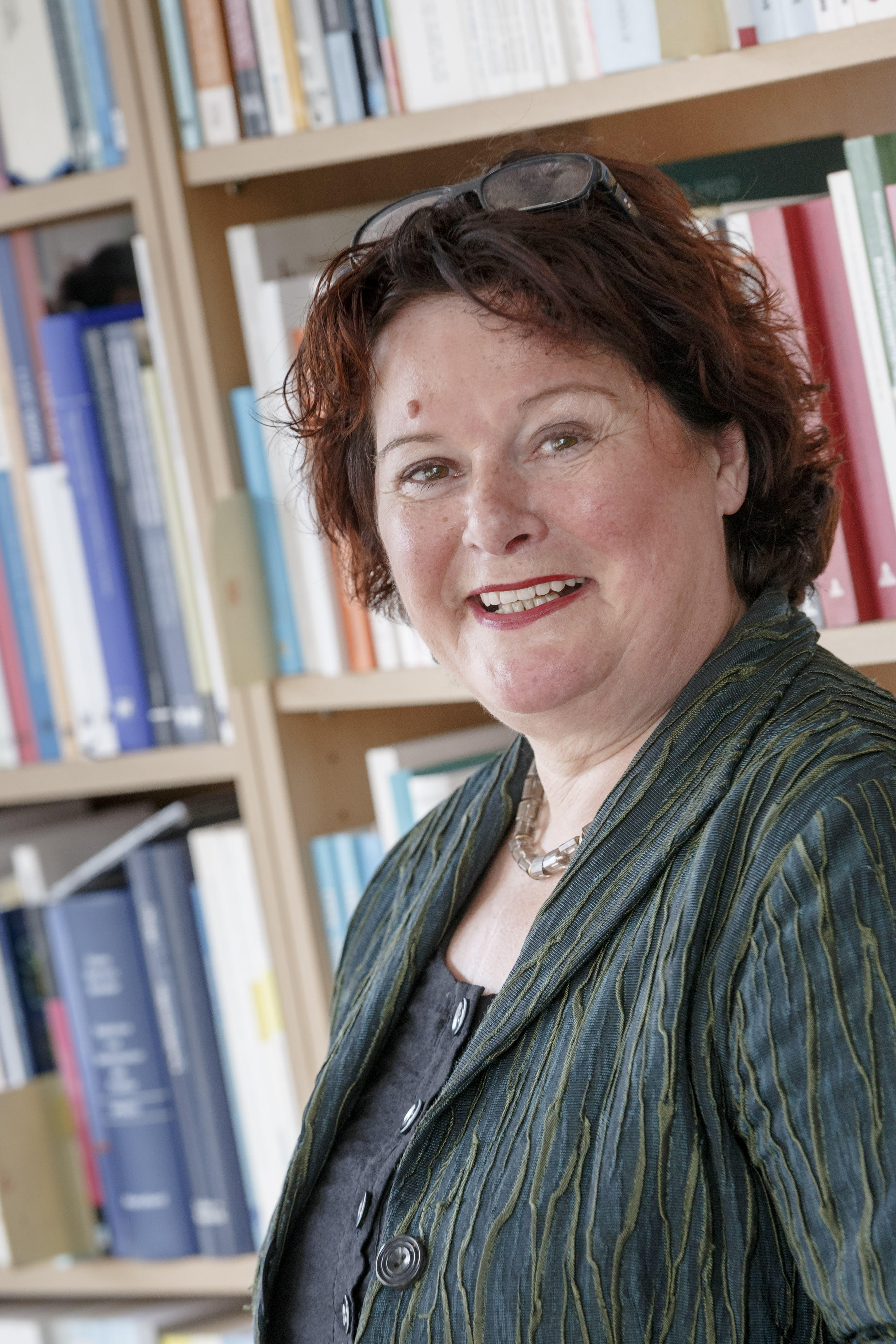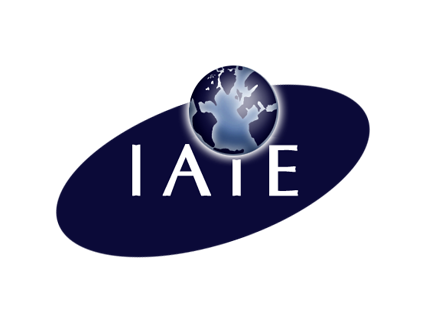Mel Ainscow: Using research to promote equity in education: challenges and possibilities

This keynote presentation will trace the development of an approach to research-practice partnerships that has been found to be helpful in promoting equity within education systems in various parts of the world. The approach involves teams of university researchers in supporting, recording and analysing collaborative action research as it occurs in schools. The presentation will explain how this can encourage knowledge-generation as researcher and practitioner expertise meet in particular sites aimed at producing new knowledge about ways in which broad values can be realised in practice. By looking at examples of the use of this approach, the presentation will go on to explain the sorts of challenges that have to be addressed for it to be implemented successfully. These are much about establishing a common understanding of the purposes of the approach and the development of professional relationships that make its use possible.
Mel Ainscow is Emeritus Professor of Education, University of Manchester, UK; Professor of Education, University of Glasgow, UK; and Adjunct Professor at Queensland University of Technology, Australia. A long-term consultant to UNESCO, he is internationally recognized as an authority on the promotion of inclusion and equity in education. Mel has led the development of a series of policy documents for UNESCO, including its ‘Guide for Ensuring Inclusion and Equity in Education’. Recently, he has completed collaborative research projects with networks of schools in Australia, Latin America and five European countries. Examples of his writing can be found in: ‘Struggles for equity in education: the selected works of Mel Ainscow’ (Routledge World Library of Educationalists series).
Martha Montero-Sieburth: When will we ever learn? Confronting the Déjà vu's of Multicultural Education/Intercultural
Education from the Past into the Present
 “When will they ever learn?” is the rhetorical question from the emblematic protest song “Where have all the Flowers Gone?” written by Pete Seeger in 1955. Urged is the need for listeners to ponder the consequences of wars and their aftermath and to consciously stop the cycle. That sense of protest is ever more relevant as we attempt to teach students about dialogue, co-existence, consensus building and peace-making while wars wage on, globalization and neoliberalism expand and social, cultural, and political agendas become fragmented and polarized. Changing the pronouns: “when will they learn to when will we learn” exemplifies the dilemma that despite many decades of multicultural and intercultural education teacher training, competence development, implementation of diversity policies and curriculum reform, we continue to witness epistemic violence, postcolonial approaches, non-transformative and non-critical pedagogies, linguistic insensitivities, gender inequalities, discriminatory practices, and racism in schools. In confronting this form of déjà vu, I draw upon my extensive multicultural training experiences and research in the Global South and North and address how we as educators can leverage the lessons of the past to:
“When will they ever learn?” is the rhetorical question from the emblematic protest song “Where have all the Flowers Gone?” written by Pete Seeger in 1955. Urged is the need for listeners to ponder the consequences of wars and their aftermath and to consciously stop the cycle. That sense of protest is ever more relevant as we attempt to teach students about dialogue, co-existence, consensus building and peace-making while wars wage on, globalization and neoliberalism expand and social, cultural, and political agendas become fragmented and polarized. Changing the pronouns: “when will they learn to when will we learn” exemplifies the dilemma that despite many decades of multicultural and intercultural education teacher training, competence development, implementation of diversity policies and curriculum reform, we continue to witness epistemic violence, postcolonial approaches, non-transformative and non-critical pedagogies, linguistic insensitivities, gender inequalities, discriminatory practices, and racism in schools. In confronting this form of déjà vu, I draw upon my extensive multicultural training experiences and research in the Global South and North and address how we as educators can leverage the lessons of the past to:
- Re-shape our approaches in multicultural or intercultural education
- Question inequalities of class, race, gender, identity from their social institutional level to
instructional and individual levels - Acquire a critical postcolonial perspective which counteracts the reproduction of the same!
Explored will be selected multicultural and intercultural education approaches developed by educational anthropologists and educators which can help us situate our understanding of social justice, diversity, pertaining to equitable education. By raising critical questions about their limitations, we can reflect on the possibilities to enact processes of change, enabling schools and teachers to identify with students and parents of diverse backgrounds, cultures, languages, identities, orientations, and religions, while extending praxis to action and expanding what we learned in the past to enhance the present.
Martha Montero-Sieburth is a Lecturer in Ethnography at Amsterdam University College and between 2007 to 2016, was a Visiting Fellow at the Institute for Migration and Ethnic Studies in the Department of Sociology and Anthropology of the Social Science Faculty at the University of Amsterdam. She is Professor Emerita of the Leadership in Urban Schools Doctoral/Educational Administration Masters Programs at the University of Massachusetts in Boston and a former Associate Professor of the Teaching and Learning Program at the Harvard Graduate School of Education.
She is a multi-, cross-, and intercultural comparative educator with publications of American urban schooling, Latinos, and Mexicans in New England; bilingualism and curriculum development in Latin America; interculturalism in Spain; Latin Americans in Spain; Turkish Dutch youth in Dutch high schools and Moroccan Dutch youth in diverse organizations, and first- and second-generation Mexicans in the Netherlands. She has published extensively in English and Spanish, has several books, co-edited books, and articles. In 2021, she co-edited with Rosa Mas Giralt, Noemi Garcia Arjona and Joaquin Eguren, Family Practices in Migration: Everyday Lives and Relationships, published by Routledge Press. She is a keynote speaker for the Eighth International Conference on Teacher Education: Passion and Professionalism in Teacher Education of the Mofet Institute, in Tel Aviv, Israel in June 2023.
In fall 2023 and spring 2024, she will be preparing undergraduate students at AUC to refine their qualitative research skills by conducting community ethnography with diverse migrant groups in Amsterdam under the auspices of an Educational Development Initiative grant. Expected from this research is a book detailing the wealth of ethnographic community experiences.
Ingrid Gogolin: Teaching in the context of linguistic diversity. An empirical experiment

At least in urban regions in Germany, school classes are usually multilingual. This poses challenges for all teaching, not only for language teaching. Empirical studies show that this challenge has not been met satisfactorily so far. In particular, learners with a migration background, for whom German is the language of schooling but not the only language of life, achieve lower competences than expected in natural sciences. In view of this, it is an open question whether teaching approaches that explicitly take the multilingualism of the classroom into account, are beneficial for science learning. This is the core question of the research project that I would like to present in the address. We are conducting an intervention study in the subject of physics at lower secondary school level in Hamburg, Germany. About 30 school classes were included. The presentation will focus on two questions: Does the intervention produce better results in learning physical concepts than lessons that do not explicitly take learners' multilingualism into account? And: how do the learners perceive it when the physics lessons – in contrast to what they are used to – explicitly focus on the multilingualism that is present in the learning group?
Ingrid Gogolin is Senior Professor for International Comparative and Intercultural Education Research and director of the Research Center “Literacy in Diversity Settings LiDS” at Universität Hamburg in Germany. Her research is focused on migration and linguistic diversity in education. Research projects deal with topics as Linguistic diversity management in urban areas; Support of migrant children in schools; Multilingualism and Education; Language Education in an Immigration Society. Ingrid Gogolin was awarded honorary doctor degrees by the University of Dortmund/Germany in 2013 and the National Kapodistrian University of Athens/Greece in 2017.
Recent publications:
Gogolin, Ingrid; Hansen, Antje; McMonagle, Sarah; Rauch, Dominique (2020): Handbuch Mehrsprachigkeit und Bildung. Wiesbaden: Springer. ISBN: 978-3658202842. doi: 10.1007/ 978-3-658-20285-9
Gogolin, Ingrid; Schnoor, Birger; Usanova, Irina (2021): Crossing the bridge to literacy in foreign languages: C-test as a measure of language development. In: Multilingua - Journal of Cross-Cultural and Interlanguage Communication (ahead-of-print), S. 1-20 https://doi.org/10.1515/multi-2021-0018
Gogolin, Ingrid (2021): Multilingualism: A threat to public education or a resource in public education? – European histories and realities. The European Educational Research Journal (EERJ), Volume 20, No. 3. S. 297-310. doi: https://doi.org/10.1177/1474904120981507

